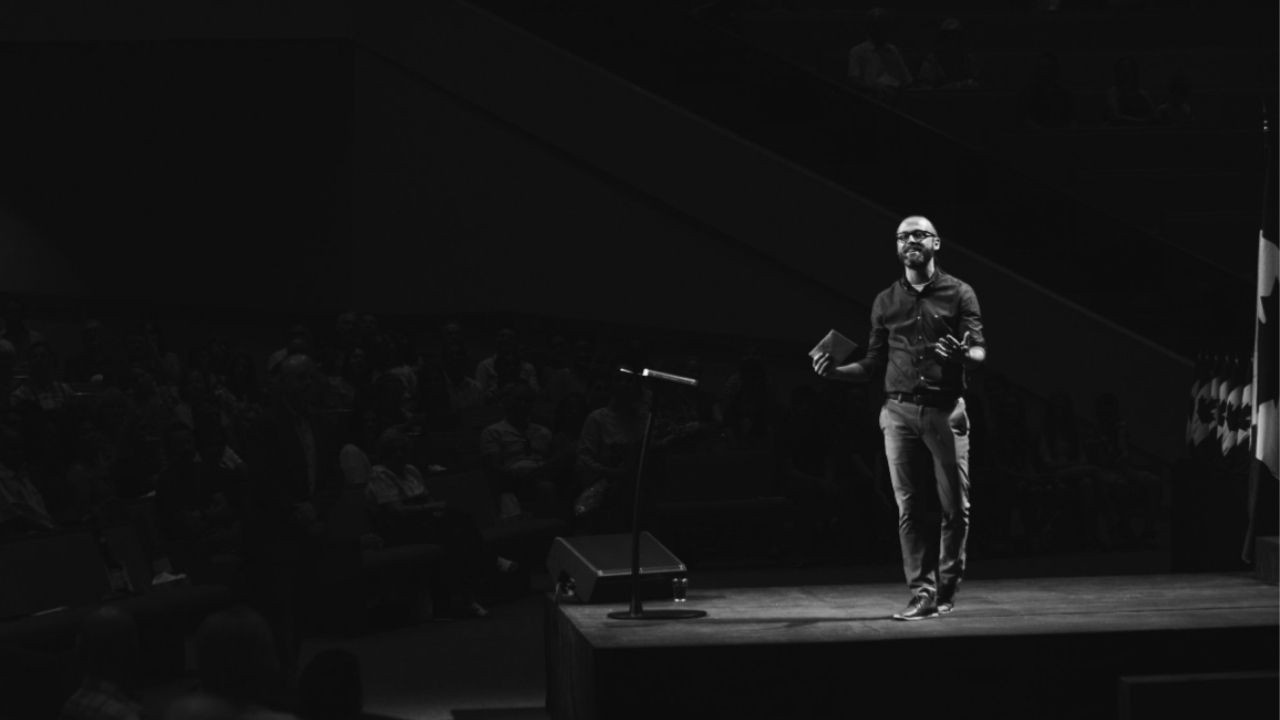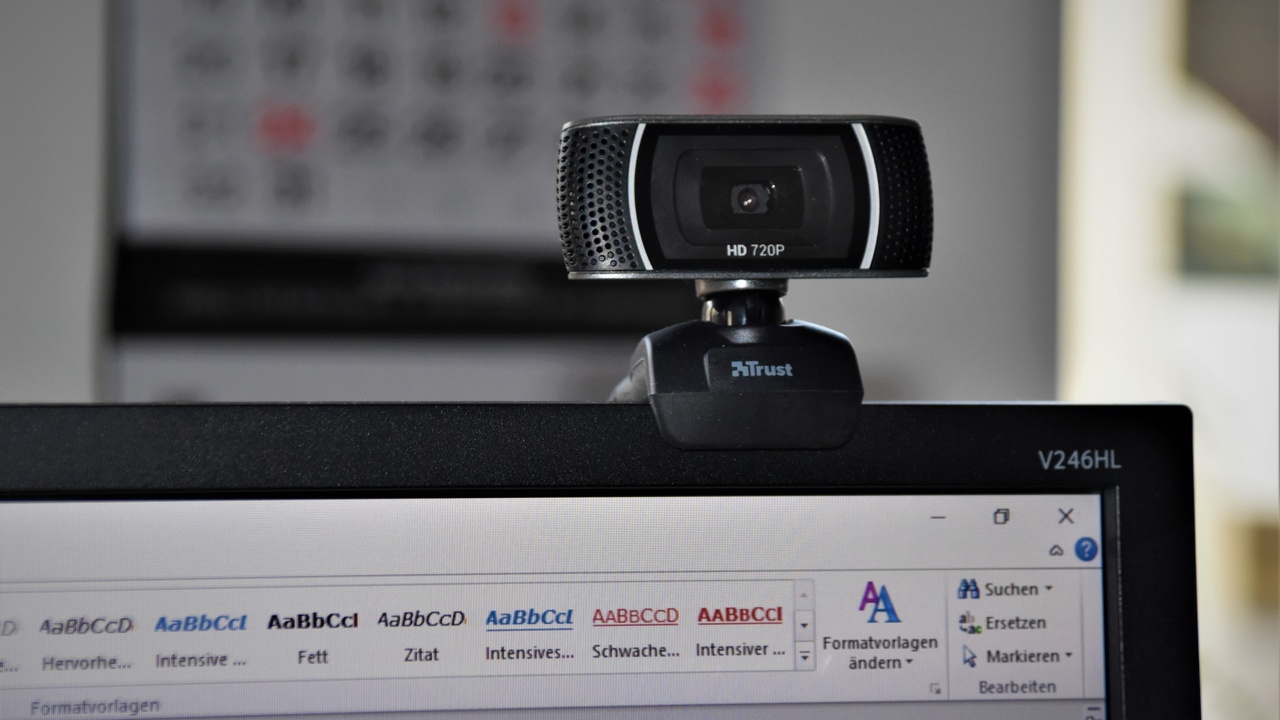How to Build Your Confidence in Public Speaking

Nervousness. Anxiety. Fear.
It happens to all of us when we think about public speaking of any kind. Some people get more nervous than others but in one way or another we all experience some version of this, even with CEOs doing presentations.
One of the major contributing factors, based on my coaching and training with thousands of clients over the years, is the fear that your mind will go blank – that you will forget what you were saying. And you have no idea what to say next. That would be embarrassing! Humiliating! Career ending!
These are some of the terms my clients use to describe this situation. Sometimes they laugh when they say these things, but it’s a nervous laugh that masks the fear we all have.
Paralyzed by fear and public speaking anxiety
This is serious fear that paralyzes many people, so they are not as successful as they want to be because they avoid opportunities to voice their ideas. Their anxiety about public speaking stops them cold. They’ll let someone else give that outline of the project’s success or they’ll let others speak up in meetings.
It’s often surprising to hear this fear because it’s often voiced by people who are experts in their fields. If you ask a question about their work in simple conversation, they’d be able to give you eloquent answers with as much information as necessary. They could go on all day.
But for some reason, standing in front of a group or looking around the table in a simple meeting make peoples’ minds go blank. In a second, I’ll give you a simple tool to help with this problem to help you build and maintain your confidence.
Prepare and rehearse your presentation
But first let me say, the ideal answer takes a lot of work. To fully address this problem, you should spend the time preparing and rehearsing your presentation so that you know it inside and out.
When working through a process like that, I recommend beginning with a full written text of the remarks you intend to make, if that makes you feel more confident, or go straight to bullet points. Then take that text and boil it down to bullet points. Then, take those bullet points and turn them into simple phrases.
This works especially well with material that you know and which is in your area of expertise, or that you have presented before. With new material, you may need to keep some bullet points or other support in front of you.
Build your confidence
But I promised a “simple” solution. This is what I recommend to my clients and what I use myself: a confidence card. This is an index card that contains the key ideas and flow of your presentation or your response in a meeting.
I use a card like this myself for my keynote and training workshops. I used a confidence card recently in a 45-minute presentation on “tapping the power of storytelling.” I could use this card to speak from 15 minutes to 60 minutes, depending on the need.
While this is a simple solution, it still takes a lot of work. As Mark Twain said, “I didn't have time to write a short letter, so I wrote a long one instead.”
Confidence card
It takes time to lay out your topic and to create a brief version that will keep you on track. I’ve been successfully using this confidence-card concept for many years. I even use this on CEO presentations.
It’s great for your meetings with the boss, a client or with groups. It allows you to simply and clearly map out what you’re going to say and in what order.
Sometimes you want to have this card in front of you, but more often I recommend simply keeping the card in your pocket. Use it as needed. I put mine in my breast shirt pocket if I have one, so it’s close to my heart and I feel the confidence. ;-)
I’ll just take it out if I’m completely lost. There’s nothing wrong with pulling out the card and telling people, “I want to make sure I covered everything I want you to know.”
I always say that your greatest confidence comes from being well prepared and rehearsed. A confidence card will help you feel you have a path to find your way home if you get a little lost when speaking.
So, how do you keep notes?
What do you do to stay on track?
If you want to let me know how you handle this or if you have a story to share, reach out to me on our contact page and I’ll get right back to you.








